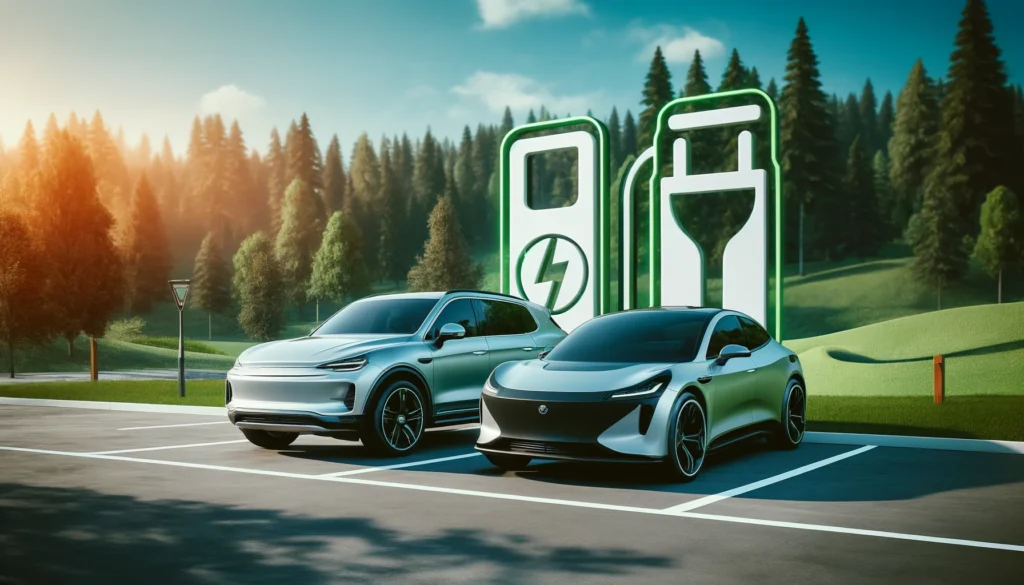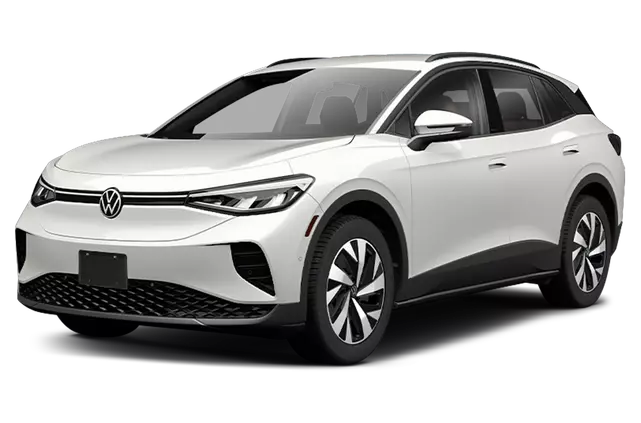As the automotive industry shifts towards more sustainable and environmentally friendly solutions, the debate between hybrid cars and electric vehicles (EVs) continues to grow. Both options offer distinct advantages and challenges, making it crucial for consumers to understand their differences before making a decision. This article provides an in-depth comparison between hybrid cars and EVs, highlighting their features, benefits, and drawbacks.
Technology and Mechanisms of Hybrids and EVs
Hybrid Cars:
- Dual Power Sources: Combine an internal combustion engine (ICE) with an electric motor.
- Regenerative Braking: Converts kinetic energy into electrical energy to recharge the battery.
- Types: Full hybrids, mild hybrids, and plug-in hybrids.
- Fuel Efficiency: Typically better than traditional ICE vehicles due to electric assistance.
Electric Vehicles (EVs):
- Single Power Source: Fully electric with no ICE.
- Battery: Relies on large battery packs for energy storage.
- Charging: Requires external power sources such as home chargers or public charging stations.
- Zero Emissions: Produce no tailpipe emissions, contributing to reduced air pollution.
Environmental Impact: EVs VS Hybrids
Hybrid Cars:
- Reduced Emissions: Lower CO2 emissions compared to traditional ICE vehicles.
- Dependence on Fossil Fuels: Still relies on gasoline or diesel, albeit less.
- Battery Disposal: Smaller batteries than EVs but still require proper disposal and recycling.
Electric Vehicles (EVs):
- Zero Tailpipe Emissions: Eliminates local air pollution.
- Sustainable Energy: Potential to use renewable energy sources for charging.
- Battery Manufacturing: Production has a significant environmental footprint but is improving with advancements in technology.
Cost and Maintenance: Hybrids VS EVs
Hybrid Cars:
- Initial Cost: Generally lower than EVs but higher than traditional ICE vehicles.
- Fuel Savings: Reduced fuel consumption leads to cost savings over time.
- Maintenance: Similar to ICE vehicles, with additional care for the battery and electric motor components.
Electric Vehicles (EVs):
- Initial Cost: Higher due to expensive battery technology.
- Operational Savings: Lower cost of electricity compared to gasoline and fewer moving parts lead to reduced maintenance costs.
- Incentives: Various government incentives and tax credits can offset the initial cost.
Driving Experience and Range
Hybrid Cars:
- Range: Comparable to traditional ICE vehicles, making long trips feasible without frequent stops.
- Performance: Smooth and quiet operation with the ability to switch between power sources seamlessly.
- Charging: Plug-in hybrids offer the option to charge the battery, extending the electric-only range.
Electric Vehicles (EVs):
- Range Anxiety: Early models had limited range, but modern EVs can cover 200-400 miles on a single charge.
- Performance: Instant torque provides quick acceleration and a responsive driving experience.
- Charging Infrastructure: Rapidly expanding, with fast-charging networks making long-distance travel more convenient.
Final Thoughts
Choosing between a hybrid car and an electric vehicle depends on individual needs, preferences, and circumstances. Hybrid cars offer a balanced solution with the benefits of both ICE and electric power, making them suitable for those not ready to fully commit to an EV. On the other hand, electric vehicles represent the future of sustainable transportation, providing zero-emission driving and potential long-term savings. As technology advances and charging infrastructure improves, EVs are becoming an increasingly viable option for a broader audience.


